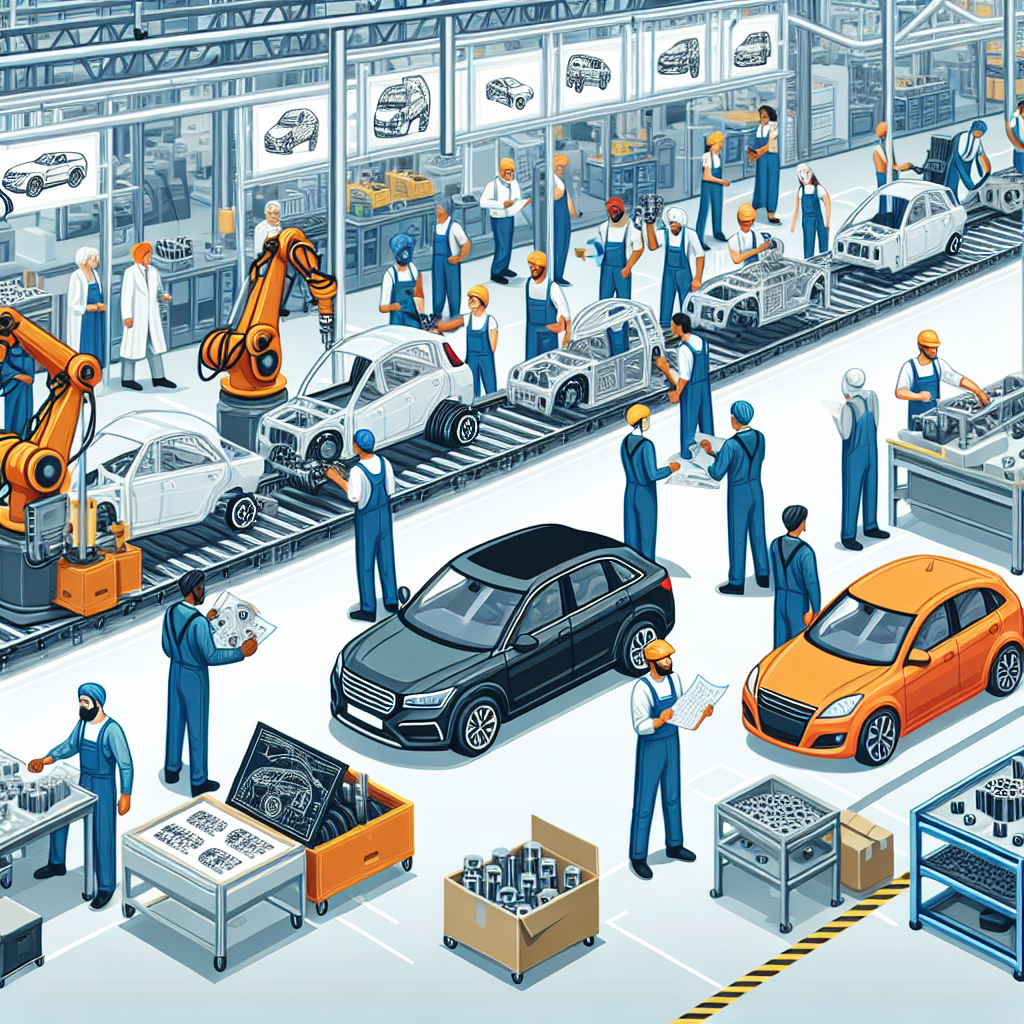German Auto Industry Faces Troubling Times Amid New U.S. Tariffs
The U.S. decision to impose 25% tariffs on imported vehicles has raised concerns among German automakers. Shares in major German automotive companies fell as a result, with industry leaders urging immediate talks between the U.S. and EU. However, despite the tariffs, Germany may not suffer severely economically.

- Country:
- Germany
Shares in German automakers and suppliers dipped in pre-market trading Thursday, following the U.S. President's announcement of 25% tariffs on imported cars, posing a threat to Germany's beleaguered auto sector. Notable declines included BMW dropping 2.3% and Daimler Truck decreasing by 1.9%, as reported by Lang & Schwarz pre-market data. Additionally, parts supplier Continental saw a 3.9% drop.
The new tariffs were fiercely criticized by Germany's VDA car lobby, labeling them a "fatal signal" for free, rule-based trade and predicting them to adversely affect companies and global supply chains. "The German automotive industry is urging immediate negotiations between the U.S. and the EU for a bilateral agreement," stated VDA president Hildegard Mueller.
Nevertheless, research by the IfW economic institute suggests Germany won't be the hardest-hit economically by these tariffs, according to the FAZ newspaper. The institute anticipates that German GDP will shrink by just 0.18% in the first year post-tariff, compared to a -1.81% impact in Mexico and -0.6% in Canada. "Export losses are limited as cars are often manufactured near their sales markets," commented IfW trade economist Julian Hinz to FAZ.
(With inputs from agencies.)










